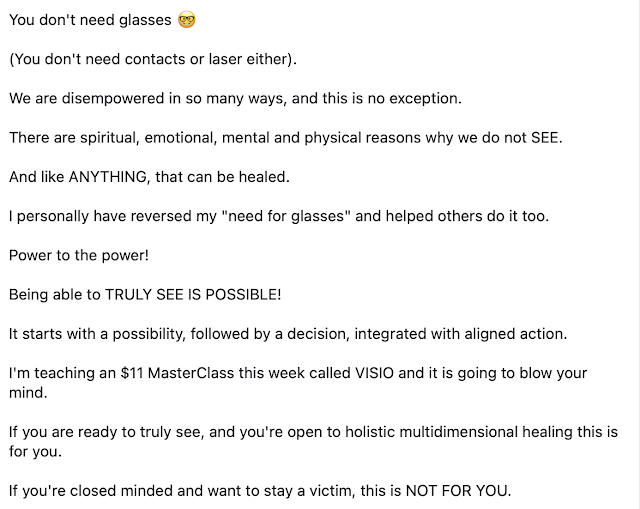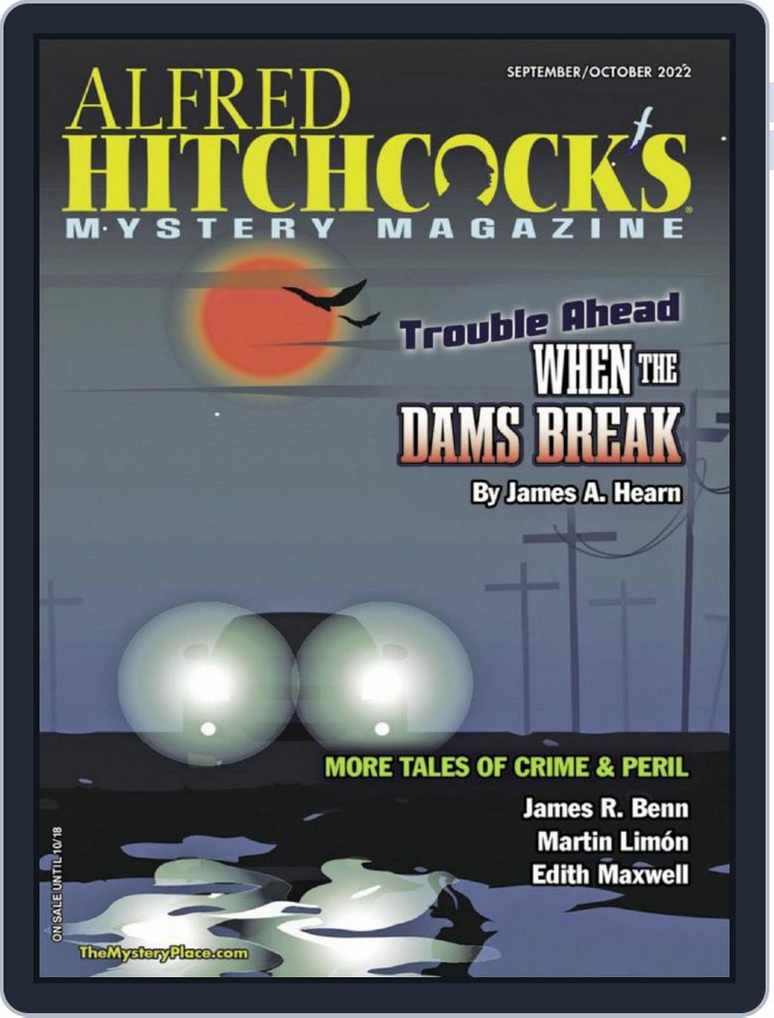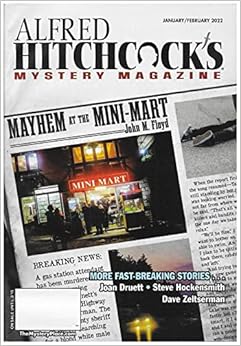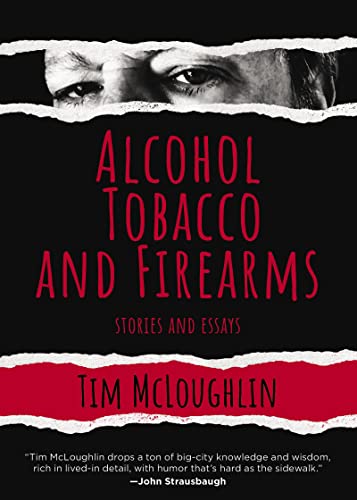Back in June 2022, I deleted my social media accounts. I
shared that news right here on SleuthSayers, enumerating the resources that help nudge me to that decision: three books and two documentaries. Each of those resources were sightly different, but they all telegraphed a truth that took a while in coming, but is now taken for granted by anyone who reads: social media rots your freaking brain.
In my 2022 post, I promised to check back in the future to let you know how my cessation was going. The future is now.
The backstory: I joined Twitter in 2010, and from that point forward, I joined everything else under the sun because everyone said it was in a writer’s best interest to do so. I did Pinterest, Google+, LinkedIn, and Instagram. For a time, my only working blog operated on Tumblr. I created accounts on sites that lasted four minutes in the life of the Internet. (Who remembers Klout?)
Remarkably, perhaps, presciently, I never created a personal account on Facebook, but don’t let me off the hook so easily there. My wife and I
did create four Facebook Pages, one for each of the books or series of books we were touting at the time. Well before my breakup with social media, I deleted three of those four because I just didn’t see the point.
At the very beginning, I took the advice of a buddy, who served as the social media guru for Barnes & Noble. He said to keep the promotion of my books and work to maybe 20 percent of my feed. The rest should be a mix of writerly service to my community (“Hey, look at this cool article I found on pitching agents!”), and personal observations and interesting tidbits from my personal life (“I cooked a ham this weekend! Look!”).
Well, I did all that, and I still felt stupid, awkward, and icky doing it. Everywhere I turned, people offered advice on the right way to do social media. Some of that advice came from the idiots that ran the publicity and marketing departments at publishing houses.
Their underlying message was, “Do our jobs for us, please, since our employers have never trained us to do it properly!”
Like most people who declare themselves sick of the technology, I just didn’t know where the hell I was going to get the “content” I was expected to share on these platforms. I resented that agents and editors judged me for my low numbers of followers.
I read articles that said I should strive to be as
authentic as possible, and I was at a loss how to accomplish that. (“Guys, I really, really need to share how I
feel about the ham I cooked.”)
I finally dropped the pretense of promoting my work, and used, say, Twitter to disseminate a series of hilarious one-liners. I was a hoot on Oscar night, not that anyone noticed or cared. I gave up talking about books unless I adored something. Instagram became fun when I decided to simply share one photo, just one, every day. If it revolved around writing or a book, so be it. It was on Insta, for example, that I announced to the world that
Pat Conroy’s cookbook was the only one I’d ever read cover to cover, because I just
had to know how it ended. I still mean that. Mostly, though, I shared pics of nature, food, glasses of wine shot against the backdrop of the flowers in my garden.
You might say that social media rewarded me after I stopped caring.
And then one morning, I accidentally swiped to the right of my iPhone’s home page, revealing statistics about my daily phone usage. The phone insisted that in the last 24 hours, I had spent 3 hours and 25 minutes on Instagram alone.
“Liar!” cried I.
If I had been paying attention, I would have noticed that my behavior around these apps had become obsessive, and, ahem, compulsive. If I was out with my wife, I checked the phone when she left for the restroom. I scrolled while waiting in the car for stores to open. The phone helped me kill time on queues the way that paperbacks did in the 1980s. And while I still read short stories (because, methinks, they’re
short), my reading of books had dropped to all-time lows. Like the journalist Johann Hari, whose book I mentioned in my earlier post, I felt as if my mind was too splintered to finish most of the books I started. The thought of reading an entire series of mystery novels by an author I enjoyed—the way I had as a kid—seemed exhausting. Why read the
Slow Horses series, when I could just watch it?
What’s worse, after a series of troubling political events in 2016, I obsessively checked social media and three to four news sites every morning, to keep myself apprised of current events. During the Covid lockdowns, my ritual was to read aloud the morning headlines to my wife as we sipped coffee on the patio, then read aloud the articles she requested, until we were both too sick and terrified to continue.
Scrolling—whether for fun or doom—had become a problem.
For a while, to assert control over my life, I merely deleted the apps from my phone. Cal Newport, one of the authors of the book referenced in my earlier post, advised checking social media on your desktop, and only if you needed to for work. That worked for six months, then I began simply reloading the app to sneak peeks anyway.
By 2022, I had read and absorbed the message of
the 2018 book by Jaron Lanier—the computer scientist who advised everyone to completely
delete their social media accounts in their entirety. The man is a genius, and his arguments were based on a deep understanding of the underlying technology and the corporate structures of the social media firms he consulted with. I understood why he urged this action, but I still felt I
had to maintain those accounts. (What if someone claimed my old account and pretended to be me?)
By 2022, I had watched and rewatched the 2020 HBO documentary
The Social Dilemma, and digested
Hari’s 2022 book, which opened with him escaping to an isolated beach community for a month, sans phone and laptop. He found that his brain returned, and he read copiously, joyously, promiscuously.
Intrigued, I took the plunge mid-year 2022. Deleted all my remaining accounts, as well as the News app on my phone. From that moment forward, I was on a permanent social media purge, and tentative-for-now news fast. A journalist friend scoffed at this when I ran into him at a funeral of a colleague: “News fast? News.
Fast! Come on! Is that even a thing?”
He and others like him wonder aloud how I can live without knowing what’s going on in the world. To be honest, I do feel sad when I don’t know that some personage has died. The
In Memoriam reel at the Oscars has been something of a shock for the last two years, sure.
But you know what? If something is so huge, it’s not like the rest of you peeps aren’t talking about it. I do still maintain a Feedly account. It’s keyed only to news of the genres I enjoy, articles on writing, and the book world at large. Inevitably, news of the outside world seeps into those articles. If I want to know more, I allow myself a peek and do a search. Just one, then I close the browser. When the hurricane hit our city in autumn 2024, I sat on the patio in the dark and listened to my hand-cranked NOAA radio for updates. Because that’s what you do.
And yes, it is a pain not to be able to announce when I have a new story in a publication, but I am trying to preserve my sanity. In the world beyond literature, I know that there are school shootings, wildfires, and reprehensible political behavior. I don’t want to (or need to) ride that daily roller-coaster anymore. I can’t. Like my nephew used to say when he was young and a classmate offered him a bite of a peanut butter sandwich, “No thank you. It’s not good for me.”
I don’t keep a reading journal, though I probably should. But I do read a lot of ebooks. There, the evidence is clear: in 2020 I read 12 ebooks, in 2024, 64 ebooks. Granted, a lot of those 2024 titles were single short stories or novellas, but the same is probably true of 2020. And there are still other paper books in both years for which there is no record.
While it’s nice to have proof that the void inside my cranium functions still, I am troubled by the most recent attack on my Citadel of Ignorance. Many writer friends have migrated to Substack, so my inbox and browser teem daily with their irresistible musings. Substack
is social media, which means these folks can, within the body of their newsletters, refer you to still more articles that they found interesting by equally fascinating writers.
Anyone who is interesting (and many who aren’t) has a Substack. People I like or find compelling. Without even trying, I discovered Substacks by people such as Stephen Fry, John Cleese, Cheryl Strayed, Margaret Atwood, Michael Pollan, David Sedaris, Barbara Kingsolver, and Michael Moore.
In the coming weeks or perhaps months, I will discover if I have the strength to unsubscribe from this new temptation, and leave it all behind. I’m sure that all these scribes have important things to say, but who has the time? If their words stand the test of time, they will have the good sense to put them in a book, where I will read them some day while waiting at the DMV, the way the good Lord intended.
* * *
See you in three weeks!
Joe
josephdagnese.com








%20(1).jpg)
















.jpg)












